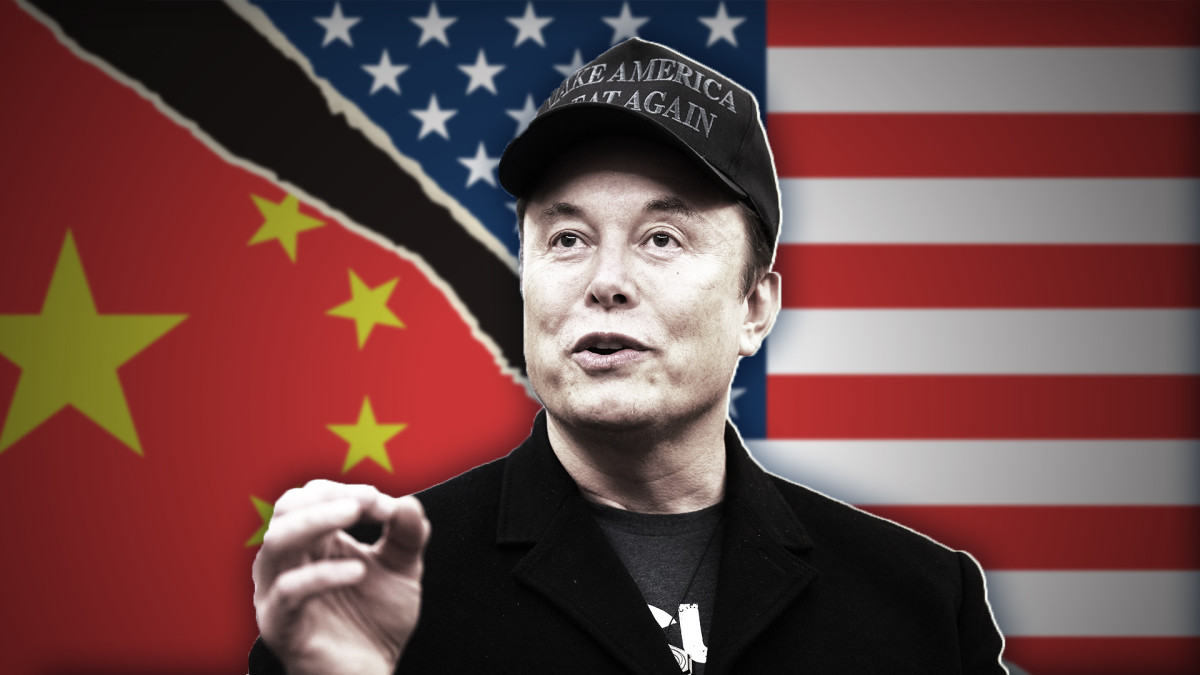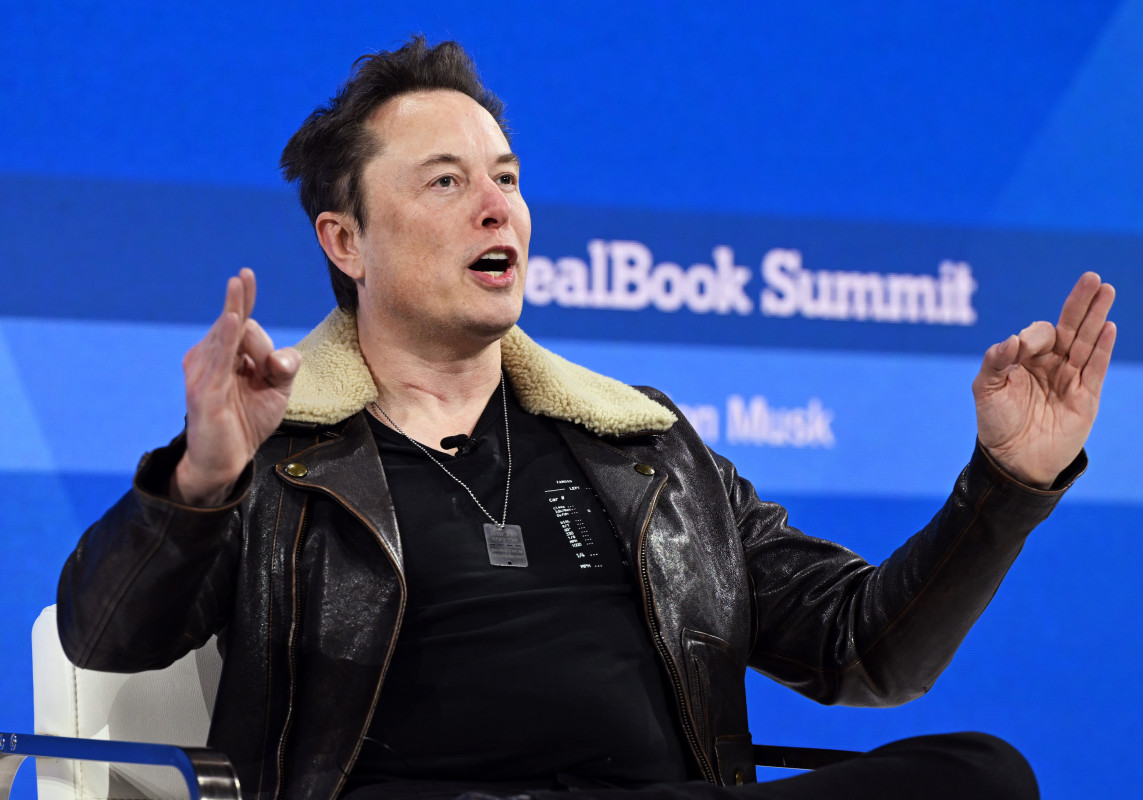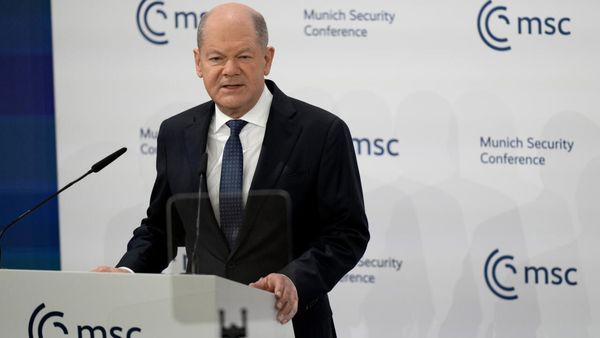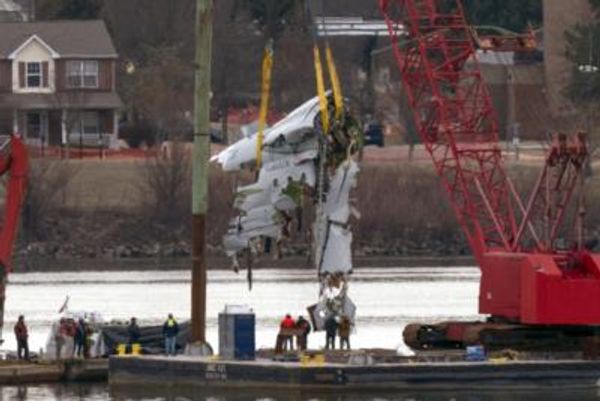
Tesla (TSLA) CEO Elon Musk spent years referring to himself as a “free speech absolutist.”
When he acquired Twitter (now X) in 2022, he framed the deal as necessary for preserving free speech in the United States and beyond. Musk’s fans cheered it on, sharing his mentality that the social media platform should function as the internet’s de facto “town square.”
Presidents Day Sale: Get Free access to TheStreet Pro for 31 days – Claim your offer today!
Most recently, Musk has been preoccupied with his new responsibilities as head of the so-called Department of Government Efficiency (DOGE), with his companies seemingly taking a back seat on his priority list. With his antics there dominating news coverage, it can be easy to overlook updates from Tesla, especially those coming out of China.
However, according to a recent report, Tesla’s actions from its Chinese headquarters don’t align with Musk’s free speech-centric values. In fact, the company seems to have engaged in practices that directly contradict them.

Tesla has different styles of operation in its two biggest markets
For years, China has been Tesla’s second biggest market, second only to the United States. As the world’s largest electric vehicle (EV) market, China has played a pivotal role in Tesla’s growth as an industry leader, helping it establish a global presence and gain an international footing.
While China may be known for a booming EV market, it isn’t known for public policies that favor free speech.
Related: Elon Musk's latest move shocks tech world
On the contrary, the U.S. Library of Congress states that certain Chinese laws severely restrict both freedom of speech and press, noting, “Typically, laws and regulations governing cyberspace, the press, and the media contain a list of prohibited content and penalties for violations.”
At first glance, it might seem that Musk, the free speech champion, wouldn’t want to work closely with a government that favors anti-free speech policies. However, Tesla’s actions in China show an operating procedure that starkly contrasts Musk's stated values.
The Associated Press recently conducted a detailed analysis in which it highlighted the story of Zhang Yazhou, a Chinese woman whose parents were injured in a multi-car accident in February 2021 when her Tesla Model 3’s brakes unexpectedly failed.
Zhang responded by mounting a public campaign to raise awareness of Tesla’s mechanical problems.
This resulted in Tesla suing her for defamation and a Chinese court ordering her to pay more than $23,000 in damages to the company, currently valued at more than one trillion dollars. The AP also notes that initially, “Tesla refused to turn over the full data” on the incident.
This isn’t the only action Tesla took that seems highly antithetical to Musk’s free speech claims. AP reviewed publicly available court documents and found that Tesla has sued at least six Chinese bloggers and two media outlets, winning eleven cases so far.
- Elon Musk's recent DOGE decision raises major red flags
- China fires back at more than just Google after Trump tariffs
- Federal staffers send a clear message to Elon Musk
This legal tactic is known as Strategic Litigation Against Public Participation (SLAPP).
Attorney Mark Hirsh, a founding partner at Templer & Hirsch, discussed it with TheStreet, clarifying that these actions are by no means exclusive to Tesla or China. However, he adds that the Chinese legal system has “historically prioritized corporations in defamation cases compared to Western courts.”
In the United States, such instances would be essentially unthinkable, as laws still exist to protect reporters and consumers. However, Musk’s DOGE is taking steps to dismantle the Consumer Financial Protection Bureau (CFPB), a government agency that works to protect consumers from predatory practices.
Tesla’s war against the free press goes even further
It is clear that Tesla’s campaign to ingratiate coverage in the Chinese press and avoid negative coverage is going exceptionally well. This is evidenced by the fact that Chinese reports have revealed to the AP that they have received instructions to avoid any negative coverage of the company.
Hirsch also notes that it is imperative for a government to maintain comprehensive protections for consumers and members of the media to ensure public safety.
Related: U.S. Congressman is attempting to take action against Elon Musk
"The pattern of Tesla's actions is particularly alarming,” he states. “The fact that the company has successfully litigated against individual critics and media entities on numerous occasions implies a methodical strategy to suppress criticism. Multiple states in the United States have anti-SLAPP laws that safeguard against these litigation strategies.”
Granted, litigation from automakers against consumers on the grounds of defamation is rare. The only recent example is Ferrari, which successfully sued designer Philipp Plein in 2020, alleging that his social media posts had damaged its reputation.
In a nation like China, whose history includes severe media censorship, it makes sense that lawsuits against critical consumers would easily succeed.
This suggests that Musk’s free speech stance really only applies when the conversation doesn’t negatively impact him or his company.
Related: Veteran fund manager issues dire S&P 500 warning for 2025







